Panel discussion
A joint event by the Einstein Center Digital Future, the QUEST Center at the Berlin Institute of Health at Charité, the Berlin University Alliance and the Einstein Foundation Berlin
How important are ethical standards for the collection, use, and analysis of personal data by artificial intelligence? Their significance has been dramatically highlighted by the ethically questionable collection of DNA data from minorities such as Uighurs, Tibetans, and Roma. DNA data from these ethnic minorities has been and continues to be used in large-scale research projects in a highly questionable manner, usually without the consent or knowledge of the individuals concerned, leading not only to biased results due to ignorance and overrepresentation but, in the worst cases, also to de-anonymization and stigmatization.
After an introductory note by Yves Moreau, 2023 Einstein Foundation Individual Award winner, the panel will discuss what kind of educational work is necessary in science, politics and society, who should and can do it and where, and which concrete standards should be agreed upon.
Panelists
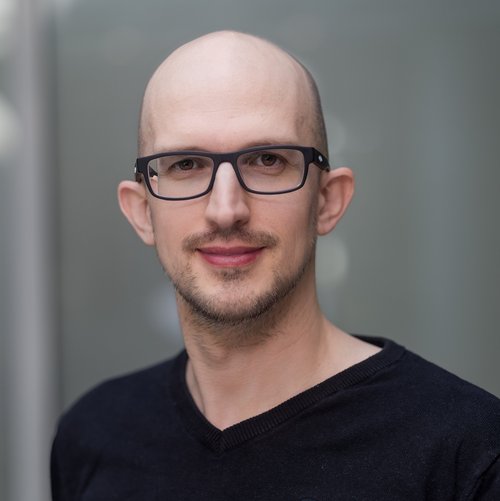
Vince Madai is the team lead for “Responsible Algorithms” and a principal investigator at the QUEST Centre for Responsible Research at the Berlin Institute of Health of Charité Berlin, as well as a visiting Professor of Medical Informatics at Birmingham City University. His research focuses are trustworthy AI in healthcare, meta-research in AI, and AI ethics. His specific interests are robustness, transparency, xAI, bias, reproducibility, the translation of AI in healthcare solutions, and improving healthcare product development.
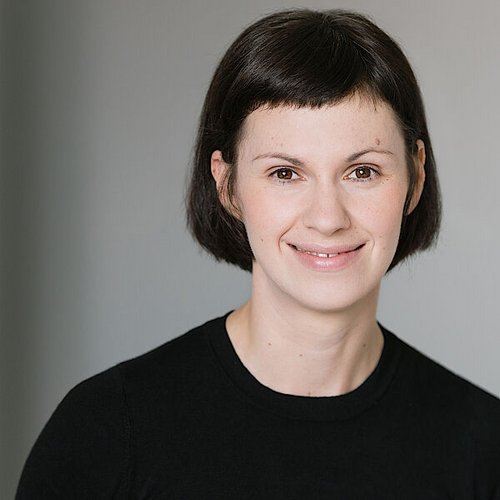
Helena Mihaljević is a professor of data science at HTW Berlin and is affiliated with the Einstein Center Digital Future. As a mathematician, she collaborates in interdisciplinary research teams on topics such as privacy-sensitive modelling of mobility data and the analysis of hate speech in online spheres. Mihaljević completed a PhD in dynamical systems in Liverpool and went on to work as a research assistant at Kiel University. She decided against a classic academic career in pure mathematics and moved to the Berlin location of the Leibniz Institute for Information Infrastructure (FIZ Karlsruhe) and worked as a senior data scientist at The unbelievable Machine Company, a full-service provider for big data, cloud services and managed hosting.
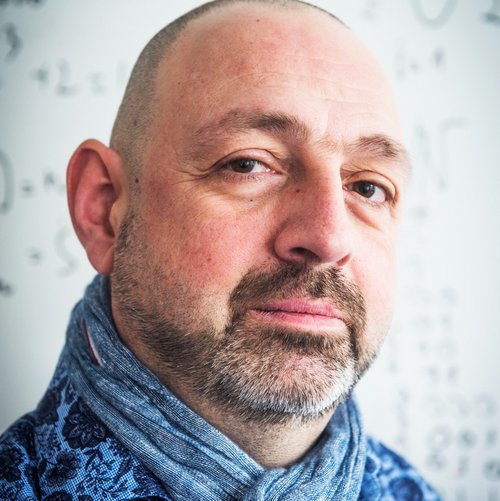
Yves Moreau is a professor of engineering science at the University of Leuven, Belgium. He is at the forefront of the development of artificial intelligence (AI) applications for the analysis of DNA in disease diagnosis and medication development. Moreau earned his PhD in electrical engineering from the University of Leuven and he engineers algorithms for use in large-scale data analyses that guarantee the protection of privacy. In 2023, he received the Einstein Foundation Award of €200,000 for his strong commitment to upholding ethical standards in the use of human DNA data for research, and promoting privacy-preserving analysis of clinical genetic data within the realm of AI and big data.
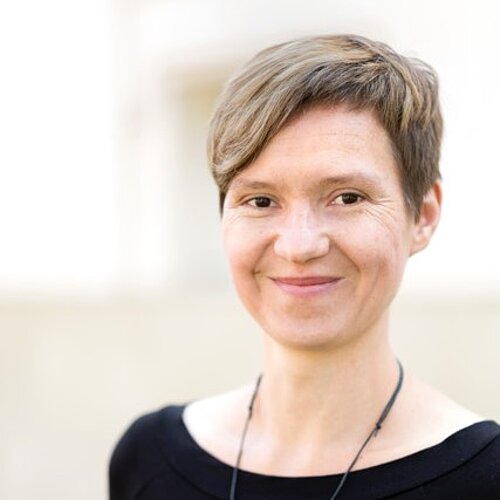
Susanne Schreiber is an Einstein professor of theoretical neurophysiology at Humboldt-Universität zu Berlin who applies mathematical approaches to neurobiological questions. Having trained as a biophysicist at Humboldt-Universität, she entered the field of neuroscience while working on her thesis at the University of Cambridge, UK, and spent the first half of her PhD at the Salk Institute for Biological Studies in La Jolla, US. The Bernstein Award for Computational Neuroscience in 2008 enabled her to found her own lab at Humboldt-Universität. Her interests are focused on the principles of neural computation, combining biophysics with an evolutionary perspective. Schreiber chairs the national Bernstein Network for Computational Neuroscience and was elected Vice Chair of the German Ethics Council in 2020.
Host
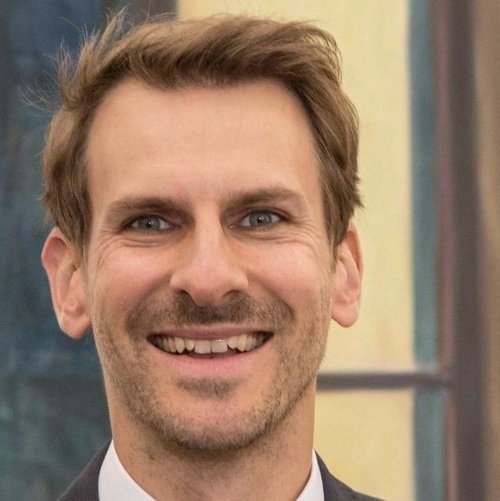
Philipp Hacker holds the Chair for Law and Ethics of the Digital Society at the European New School of Digital Studies (ENS) at European University Viadrina Frankfurt (Oder). Prior to joining ENS, he served as an AXA Postdoctoral Fellow at the Faculty of Law of Humboldt University of Berlin; a Max Weber Fellow at the European University Institute, and an A.SK Fellow at WZB Berlin Social Science Center. His research focuses on the regulation of digital technologies more broadly, particularly concerning artificial intelligence. He frequently advises national and EU institutions in these matters, such as the German and European Parliament or the European Commission.


